
In-Picture | Jul 14,2025
Jun 21 , 2025
By Kidist Yidnekachew
The film Straw did not just break a heart, it reached into something deeper, unsettling a primal fear that resides in every parent. As a mother, the thought of losing a child is not merely distressing, it is destabilizing. It lives beneath the surface of daily life, always waiting to emerge in moments of silence, in dreams, in sudden news.
This film dragged that fear into the open, with unflinching intensity. It was not just the grief that struck so deeply; it was the slow-motion unraveling of a woman stretched beyond what any person should be asked to endure. Fair warning: spoilers follow.
Janiyah, the protagonist, held on for her daughter, for hope, for meaning, for some semblance of balance in a world intent on knocking her off course. She clung to survival for her daughter, her anchor in a tumultuous sea. But even anchors can be torn loose. What struck hardest was not a single dramatic event, but the accumulation of quiet devastations: an impounded car, a sick child, an inflexible job, a paycheck locked behind a bureaucracy.
These were not explosions. They were slow leaks, invisible until the collapse became inevitable.
It is astonishing how the line between right and wrong begins to blur when survival is at stake. A person with a gentle heart can be driven to desperate acts when every safety net fails. Janiyah’s moral descent was not born of recklessness; it was born of exhaustion, of a system that offered no exits.
The movie captures that slow erosion with such precision that it leaves the viewer haunted. Misfortune does not arrive politely, it floods in. As with money: when abundance comes, it pours. But when scarcity strikes, it seems to draw out every bill, every demand, every sudden crisis.
What Straw lays bare is not just personal tragedy, it is the cruelty of indifference. Janiyah’s boss, convinced she was merely being irresponsible, enforced policy over compassion. And how often does that happen? When struggling people are met not with grace, but with suspicion. When structure overtakes empathy, even the most basic kindness, like releasing a paycheck in a moment of crisis, becomes an insurmountable hurdle.
And this is not limited to one city, one job, or even one country. Straw reminded viewers that even in wealthy nations, people are running on empty. Two or three jobs just to afford rent. Choosing between electricity and medicine. Watching the lights go out while working harder than ever.
The film exposed the slow violence of poverty with such honesty that it hurt. Watching it with children brought another layer entirely. Their innocent questions, “Why is the mommy crying?” “Why does she have a gun?”, cut deeper than any cinematic scene. The intention was not to share the film with them, but once it began, their eyes were glued, and somehow, life took over.
Perhaps the most frustrating moment was watching child protection services prepare to take Janiyah’s daughter. It is a troubling paradox. While child welfare systems are built to protect the vulnerable, they often operate on assumptions that border on dangerous. The idea that a state official can love or raise a child better than a struggling but devoted parent is a hubristic one.
Yes, abuse exists. But in the vast majority of cases, parents would walk into fire for their children. What right, then, does a system have to step in based on bureaucratic criteria alone?
In some countries, governments go as far as regulating when a child can get their ears pierced. In others, millions are spent on irreversible surgeries for children whose identities are still forming. And yet, those same institutions claim the authority to tell a parent how to raise a child.
It is a contradiction too stark to ignore. No one is denying that terrible parents exist. But they are not the rules, they are the outliers. Most families, in all their imperfection, offer more love than any formal institution can replicate. Foster care, for all its good intentions, is not a utopia.
Even biological parents struggle to treat their own children equally; favoritism, discipline, affection all vary. Expecting strangers to love foster children as their own is an ideal rarely achieved. While there are beautiful stories of compassion and rescue, they are not the norm. More often than not, foster care becomes a holding pattern, not a haven.
Straw delivered all these truths not with preachiness, but with pain. Real, unflinching, unbearable pain. It forced reflection, not just on the policies and systems that govern society, but on the judgments, people cast without understanding what someone might be carrying. It provoked a grief not limited to the screen, and tears that were not easily wiped away.
The movie’s power lies in its simplicity.
It asks no grand political questions, but it demands empathy. It reveals how even the smallest denial, of a paycheck, a favor, a break, can become the final straw. The one act that tips someone over the edge. Janiyah’s story is not unique, and that is what makes it so crushing. It is a portrait of thousands, perhaps millions, walking daily along a line far thinner than the world cares to admit.
PUBLISHED ON
Jun 21,2025 [ VOL
26 , NO
1312]


In-Picture | Jul 14,2025
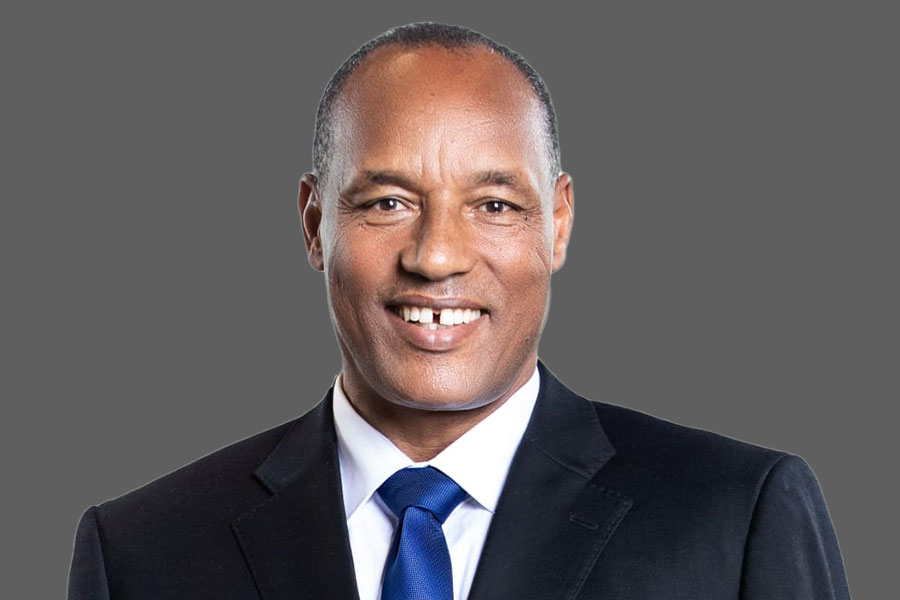
Obituary | Mar 16,2024

Fortune News | Oct 28,2023
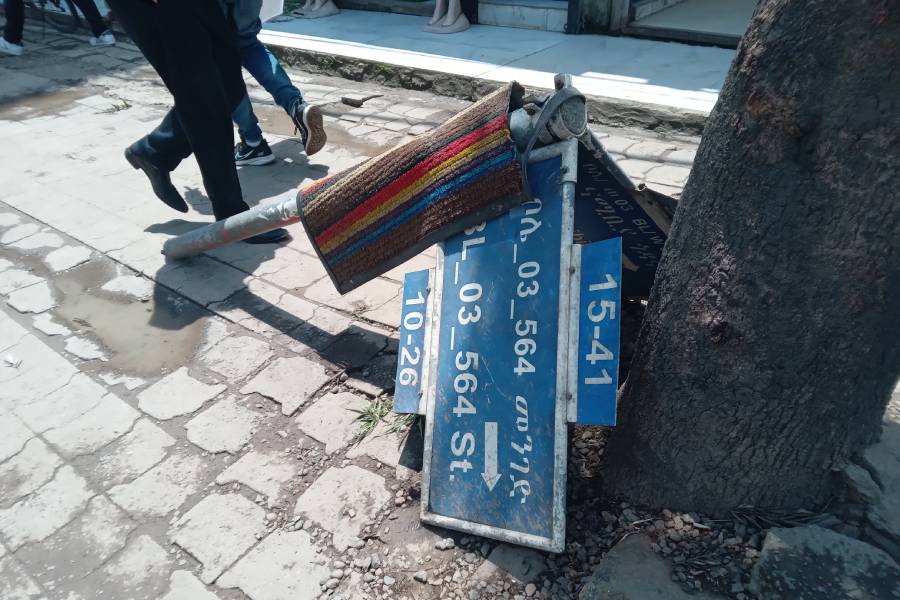
In-Picture | Jul 08,2024
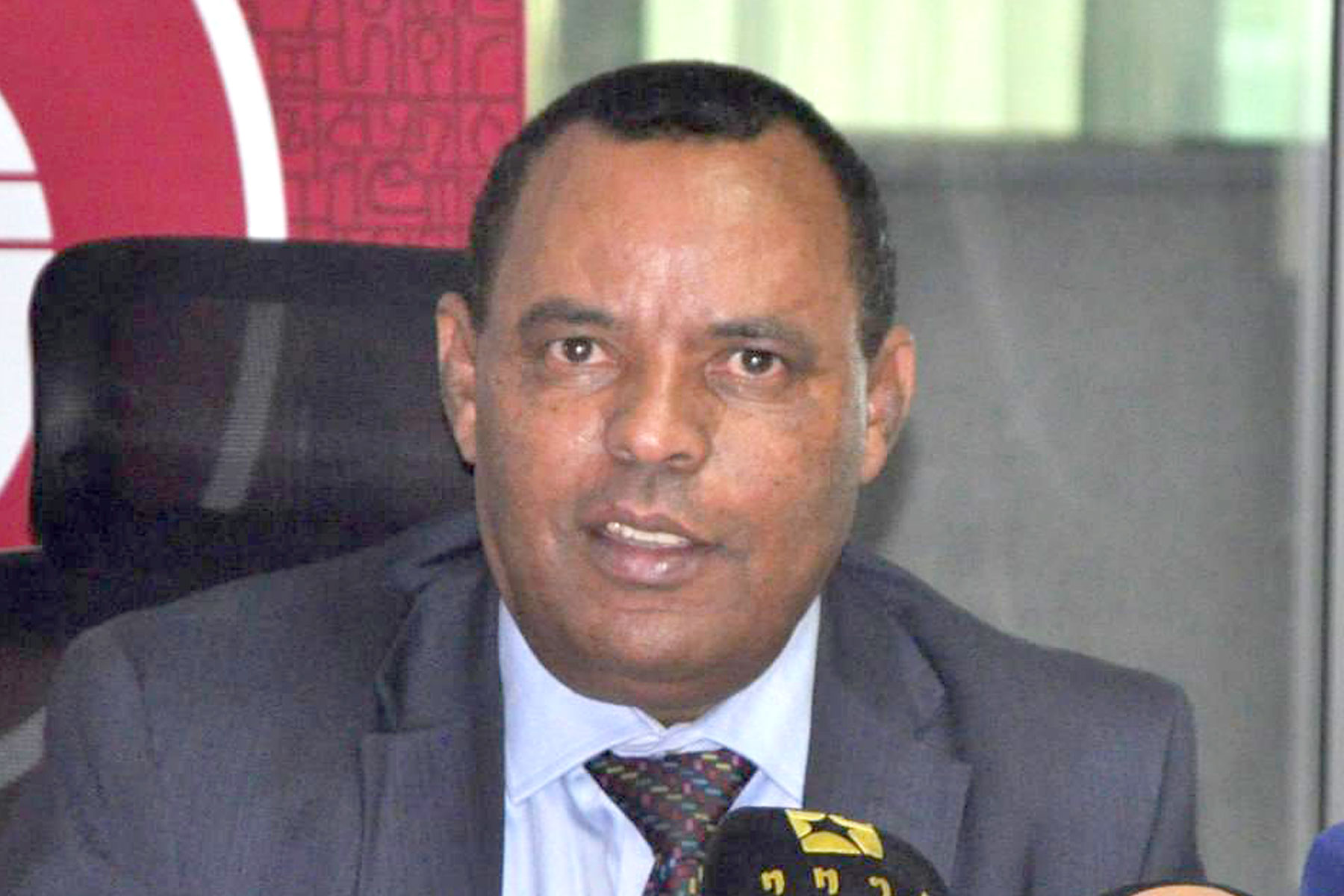
News Analysis | Apr 13,2024
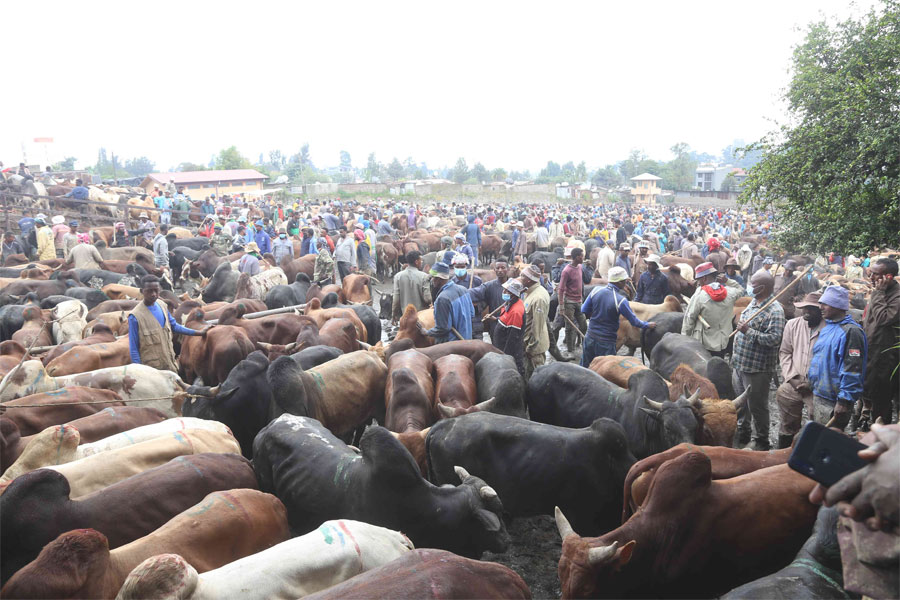
Fortune News | May 27,2023

Fortune News | Oct 27,2024
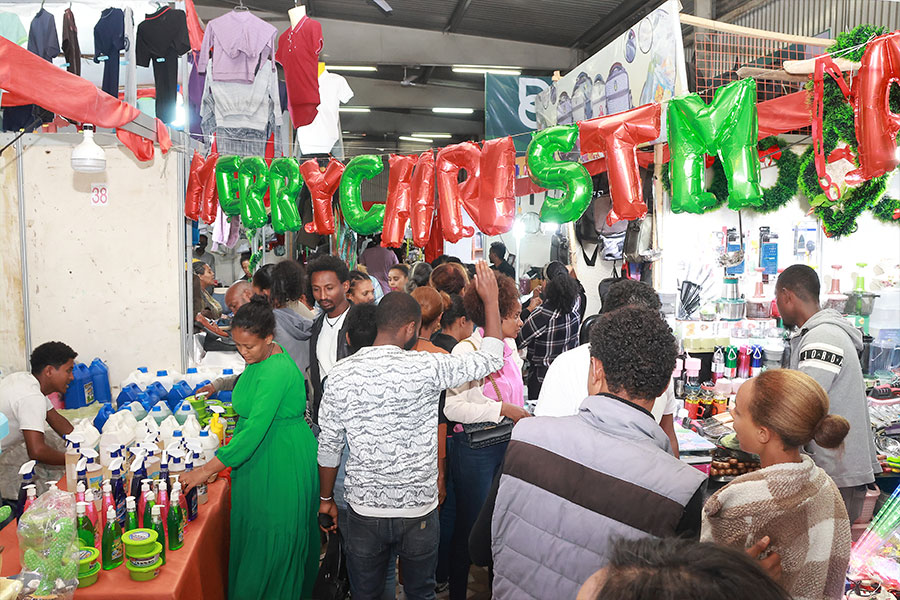
Featured | Jan 07,2024

Radar | Jun 08,2025

Viewpoints | Apr 10,2023

Photo Gallery | 177161 Views | May 06,2019

Photo Gallery | 167371 Views | Apr 26,2019

Photo Gallery | 157990 Views | Oct 06,2021

My Opinion | 136963 Views | Aug 14,2021
Commentaries | Oct 25,2025

Dec 22 , 2024 . By TIZITA SHEWAFERAW
Charged with transforming colossal state-owned enterprises into modern and competitiv...

Aug 18 , 2024 . By AKSAH ITALO
Although predictable Yonas Zerihun's job in the ride-hailing service is not immune to...

Jul 28 , 2024 . By TIZITA SHEWAFERAW
Unhabitual, perhaps too many, Samuel Gebreyohannes, 38, used to occasionally enjoy a couple of beers at breakfast. However, he recently swit...

Jul 13 , 2024 . By AKSAH ITALO
Investors who rely on tractors, trucks, and field vehicles for commuting, transporting commodities, and f...

Oct 25 , 2025
The regulatory machinery is on overdrive. In only two years, no fewer than 35 new pro...

Oct 18 , 2025
The political establishment, notably the ruling party and its top brass, has become p...

Oct 11 , 2025
Ladislas Farago, a roving Associated Press (AP) correspondent, arrived in Ethiopia in...

Oct 4 , 2025
Eyob Tekalegn (PhD) had been in the Governor's chair for only weeks when, on Septembe...

Oct 25 , 2025 . By YITBAREK GETACHEW
Officials of the Addis Abeba's Education Bureau have embarked on an ambitious experim...

Oct 26 , 2025 . By YITBAREK GETACHEW
The federal government is making a landmark shift in its investment incentive regime...

Oct 26 , 2025 . By NAHOM AYELE
The National Bank of Ethiopia (NBE) is preparing to issue a directive that will funda...

Oct 26 , 2025 . By SURAFEL MULUGETA
A community of booksellers shadowing the Ethiopian National Theatre has been jolted b...